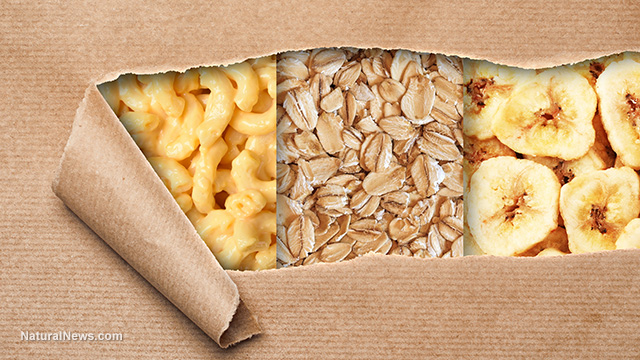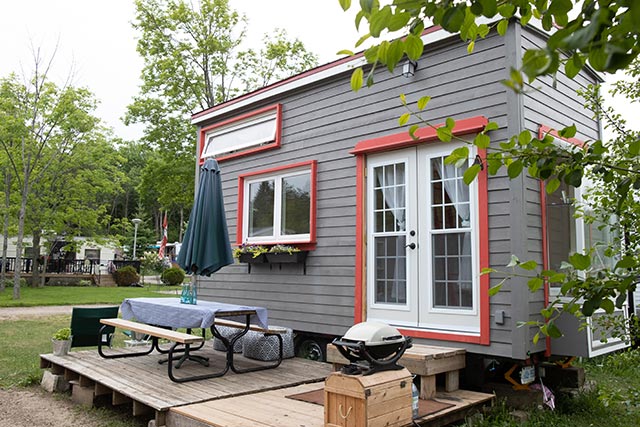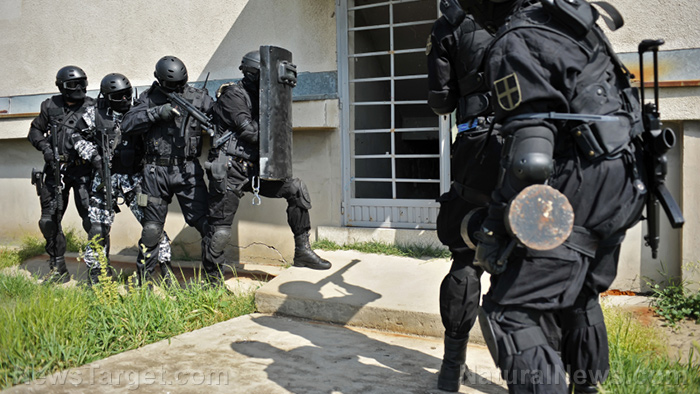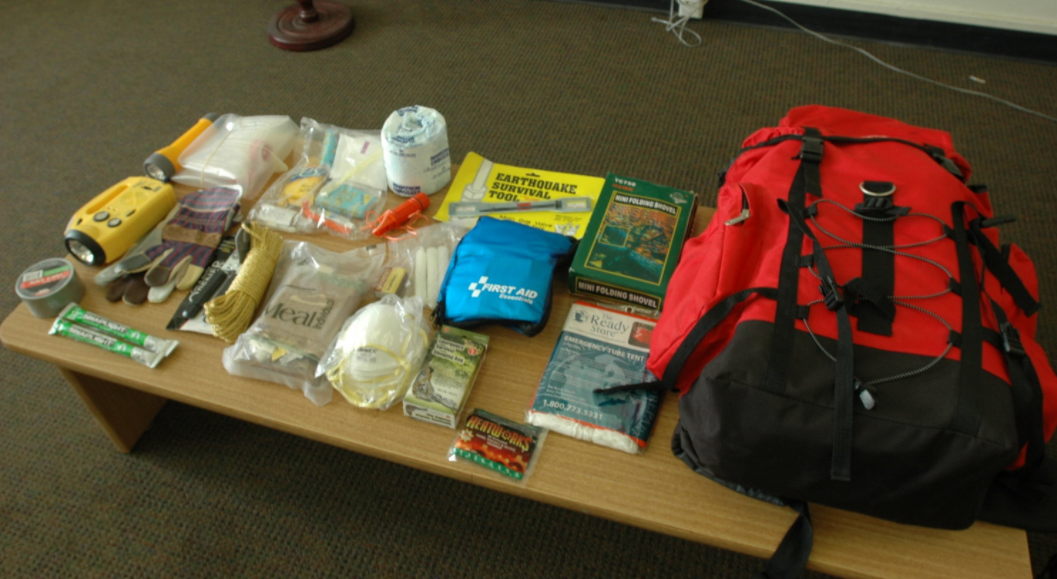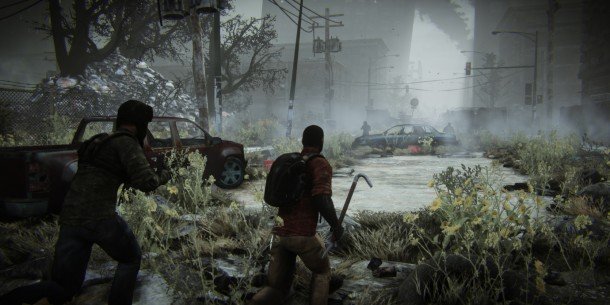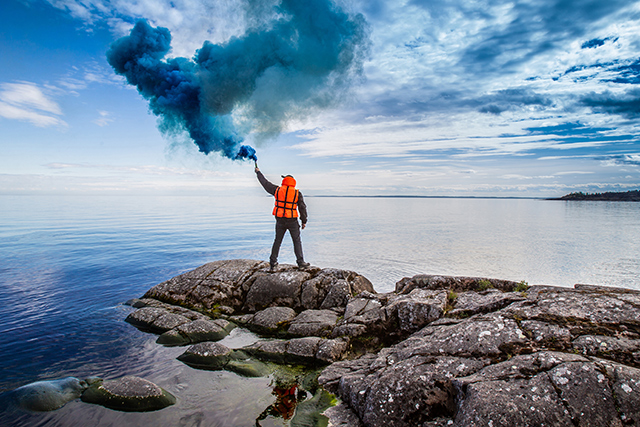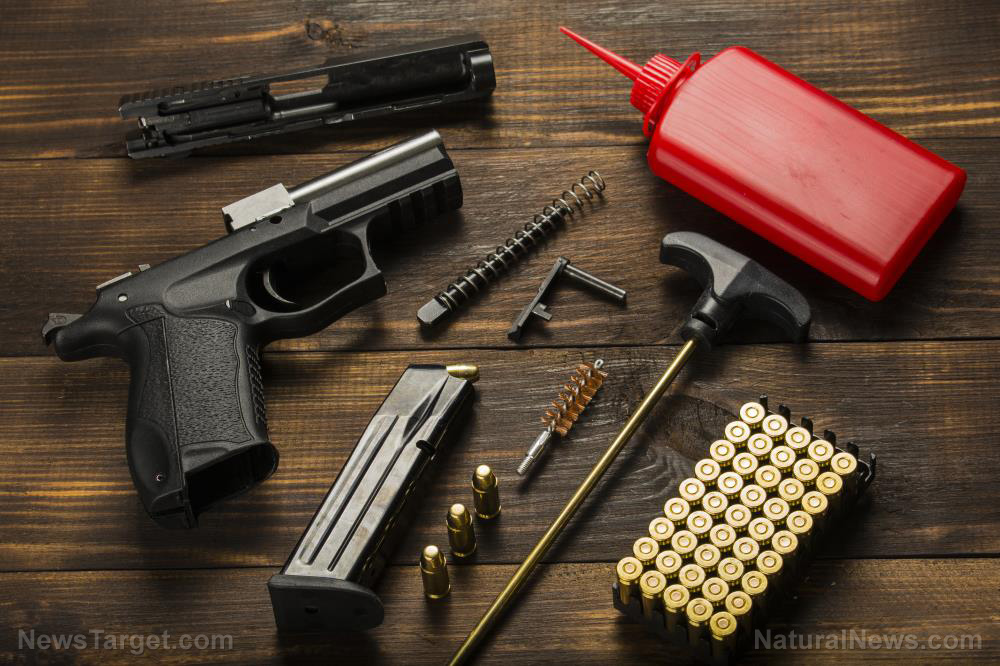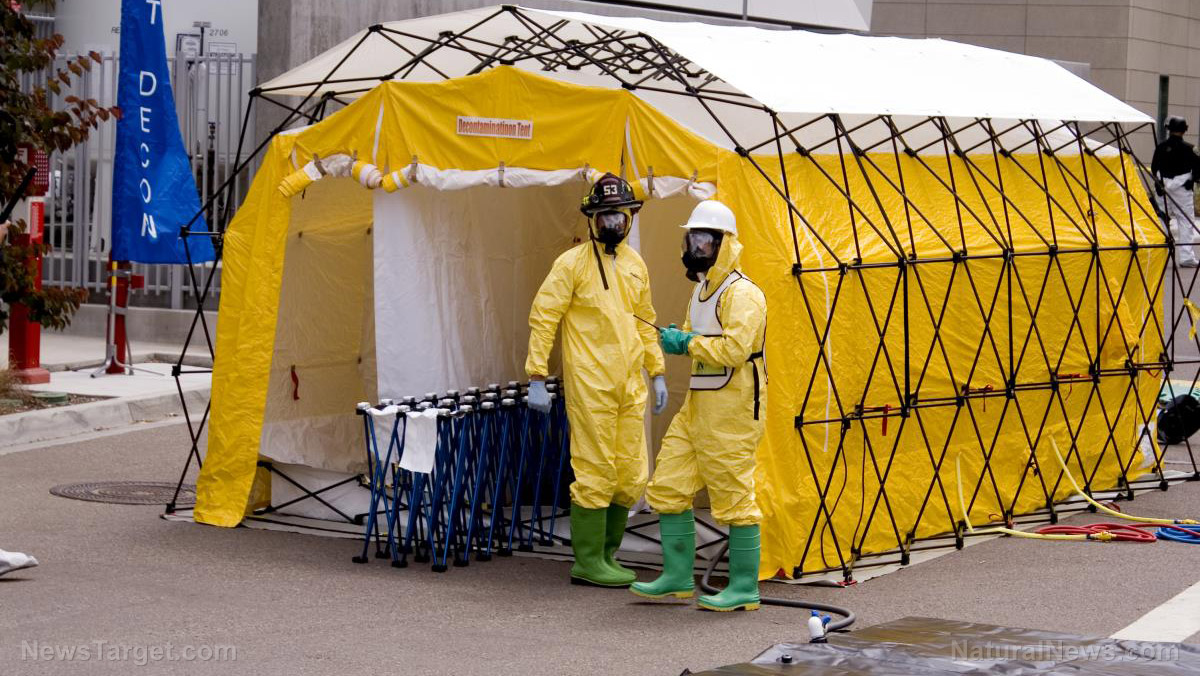A guide to treating a knee sprain when out in the wild
02/25/2019 / By Mary Miller
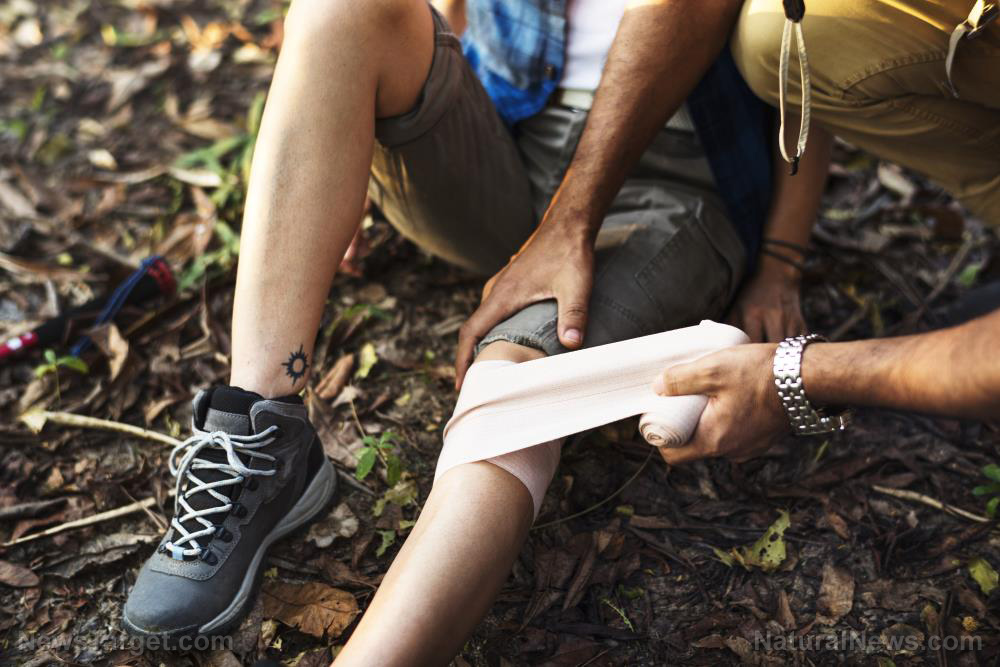
Imagine hiking in the middle of the woods with a friend. You are both careful, but the terrain is rough and rocky. Suddenly, your friend trips and falls. You go check on your friend, and make sure that no bones are broken. However, as your friend tries to stand up, he or she experiences a sharp pain in the knees and falls back down. Your friend has just suffered a knee sprain. You are both miles away from civilization. What are you going to do now? (h/t to SurvivalSullivan.com).
What are sprains?
Ligaments are the strong, connective tissues that connect two or more bones at a joint, most commonly in the knees and ankles. They are meant to hold your bones in place and restrict movement. If the ligaments either get stretched or torn, this is what results in a sprain. Strains are similar injuries that involve the tendons, which are tissues that connect muscles to the bone. You will know if your friend is suffering from a knee sprain or strain if he or she exhibits common sprain symptoms such as pain, swelling or inflammation, and restricted range of motion. Both injuries are also often accompanied by a popping or snapping sound when they first happen. Knee sprains are not as severe or serious as fractures and broken bones, since it is often only one or more of the four supportive ligaments that get damaged, rather than the joint or the bone itself. However, this injury should still be properly treated to prevent further damage which could lead to arthritis and other disabilities later on. (Related: Medical preparedness: How to treat minor injuries in the field.)
100% organic essential oil sets now available for your home and personal care, including Rosemary, Oregano, Eucalyptus, Tea Tree, Clary Sage and more, all 100% organic and laboratory tested for safety. A multitude of uses, from stress reduction to topical first aid. See the complete listing here, and help support this news site.
Treat sprains by following the RICE principle
Your main goal in treating a knee sprain is to reduce the amount of swelling in the affected area until help can arrive. The RICE principle is an easy-to-remember acronym that can help you remember what to do in case of joint injuries, such as sprains or strains. Here is what you need to do to treat your friend’s knee sprain:
- Rest. Sprains require plenty of rest to heal. Any unnecessary weight on the joint, especially if it’s your full body weight, will only aggravate the injury and the amount of pain. Your friend will have to avoid standing or walking. Let your friend remain sitting or lying down until help arrives. Keep your friend calm and still to help avoid any unnecessary movements.
- Ice. Placing ice on the affected area can help reduce swelling and inflammation. If you are in a snowy area, you can wrap some snow in a piece of cloth to create a makeshift ice pack. In case you do not have access to ice, you can soak the injury in cool water or wet a piece of cloth and apply it on the injury.
- Compression. You can reduce further swelling by wrapping the affected area with a firm and snug elastic bandage. Make sure that the compress is not too tight, as that may cut off the supply of blood to the affected area. You can also gently massage and stretch the area to encourage circulation.
- Elevation. Elevation isn’t about maximum height. It’s simply about raising the injured area above the heart. As long as the knee is above heart level, gravity will help prevent additional swelling. If the sprain is mild, you will only have to keep the knee elevated for around 20 minutes. However, if the injury is serious, it may require overnight elevation.
If your friend is experiencing severe pain and inflammation, you can give him/her some ibuprofen or acetaminophen to alleviate the symptoms. Once you are both back in civilization, make sure to have the injury looked at by a medical professional. If a sprain is neglected, it may eventually develop further complications.
Be prepared for any medical emergencies when SHTF by going to Preparedness.news.
Sources include:
Tagged Under: bug out, emergencies, emergency preparedness, first aid, joint injuries, off grid, outdoors, preparedness, prepper, prepping, prepping tips, rice, self sufficiency, self-reliance, SHTF, sprains, strains, survival, survival skills, Survival Tips, survivalist


